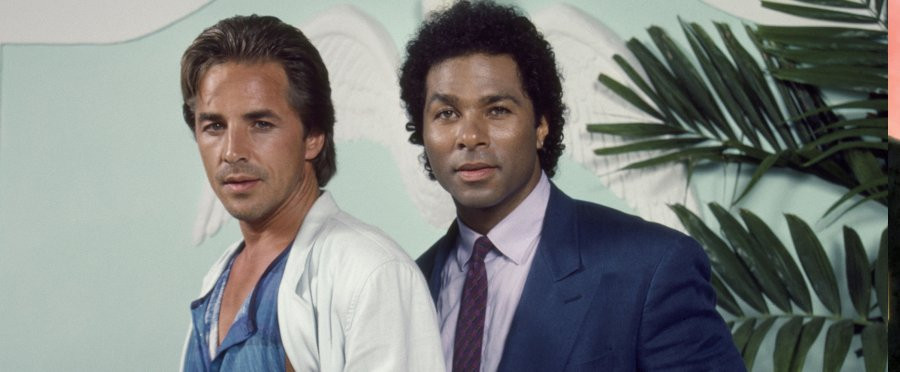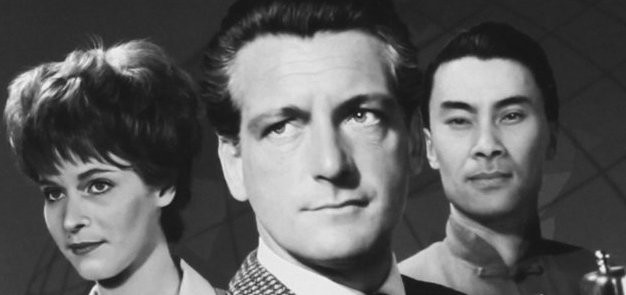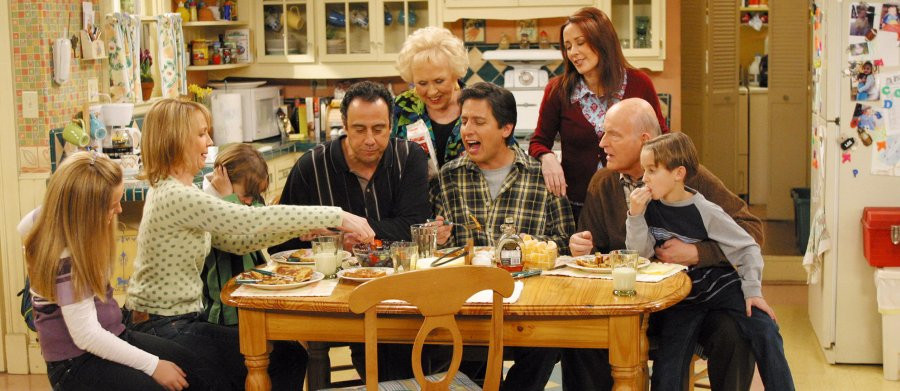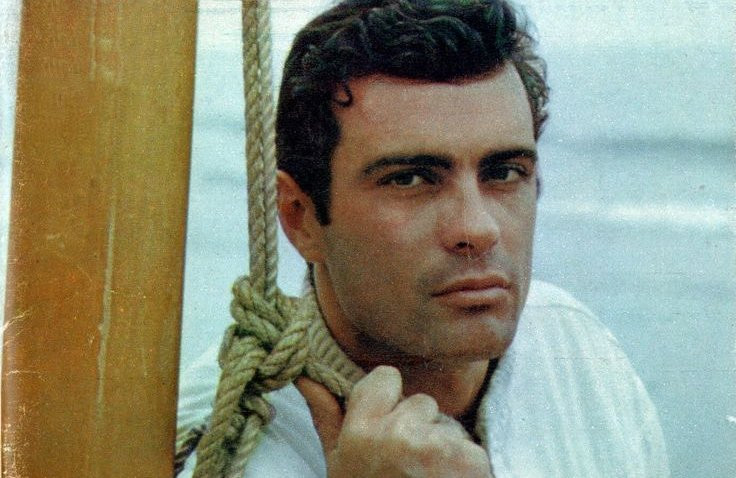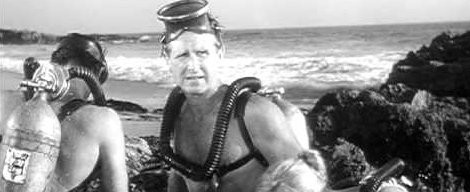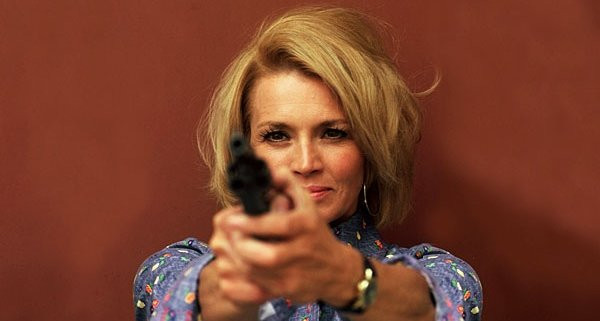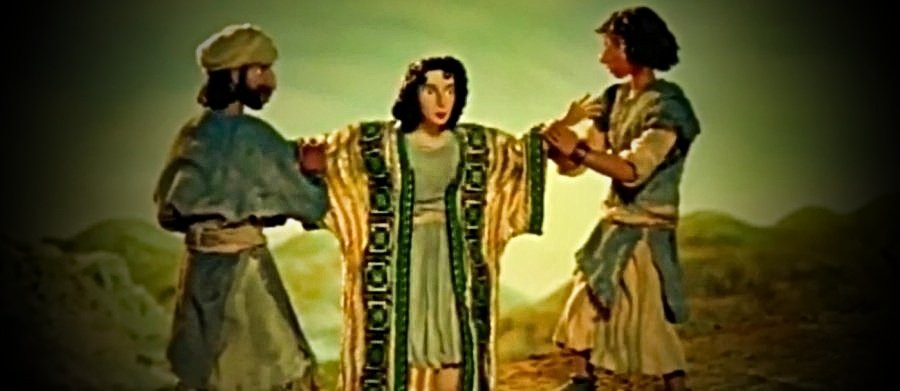
24
1996 - United StatesOne of the most ambitious dramas to appear on American television, each season of this serialized political thriller centred on a day in the life of Jack Bauer and his work as an agent for the fictional Counter Terrorist Unit (CTU). Each season consisted of 24 episodes, one for every hour in the day. And the formula worked: 24 managed to capture a sizeable fan base-along with controversy over Bauer's actions, including torture and other punishments for those who crossed both America and Jack's own moral compass. But it made for riveting viewing-and it was probably the one American television series that clearly defined real events in the post-9/11 world.
The series made its debut in the USA in November 2001 - nearly two months after the deadly attack on New York City's World Trade Center. 24's Los Angeles-based CTU was created to fight terrorism against America. (This was before the creation of the Department of Homeland Security, along with expanded and controversial counter-terrorism efforts during the Bush Administration.) The first season began on the day of California's presidential primary: Bauer was assigned to protect candidate and Senator David Palmer, the first African-American president (years before Barack Obama won the office in real life) from an assassination plot, while trying to save his own family that was held by those wanting to do harm to Palmer. Each episode featured a real-time clock, ticking down the hour minute by minute before and after commercial breaks. 24 also made liberal use of split-screen technology, showing different clips of various situations on the one television screen. (It was especially effective with the advent of high definition TV, with the wide screen helping to keep viewers in suspense).
Joel Surnow (a conservative Republican in real life) came up with the concept and approached fellow producer Robert Cochran, who initially dismissed Surnow's vision; the pair began work the following day. Fox executives liked the unique programme and signed on for a full season. Critics immediately took to 24, but initial US ratings were low. Still, Fox ordered a second series; thanks to a stronger lead-in (American Idol), and 24 doubled its audience.
The series became a target of critics at a time the Bush administration began fighting the war in Iraq and tortured suspected terrorists. (Bauer's "interrogation" of suspects seemed to portray torture as an ends to justify the means-not to mention effective and showy.) That forced members of the U.S. military to meet with the show's creators; they were urged to downplay the torture, fearing real-life soldiers would imitate the show's techniques. Indeed, the torture was reduced in later seasons, but the debate over 24 continued. Former president Bill Clinton felt torture should not be part of American policy, but noted "If you're the Jack Bauer person, you'll do whatever you do and you should be prepared to take the consequences."
Ultimately, the growing opposition to the Iraq war probably spelled doom for 24, as ratings fell for the final seasons. 24 was not unnoticed by the Academy of Television of Arts and Sciences; it was nominated for 68 Emmys and ultimately won 20, including best drama and best actor for Kiefer Sutherland (both in 2006), along with outstanding writing for the show's pilot episode. It was also included in the American Film Institute's best television series of 2005. The AFI probably summed up the 24 experience as well as anyone could: "This is a masterpiece of episodic storytelling and continues to deal with the bright colour issues in America's war on terror with a degree of difficulty that is off today's television charts. Powerful and involving, with characters who are more fully realized with each season, the show still has viewers on the edge of their seats, both riveted to the action and begging, pleading for a modicum of relief."
Seen this show? How do you rate it?
Seen this show? How do you rate it?
Published on February 6th, 2019. Written by Michael Spadoni for Television Heaven.


